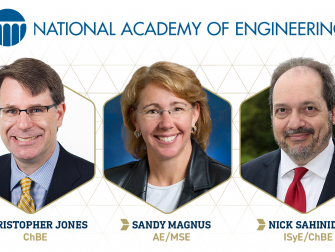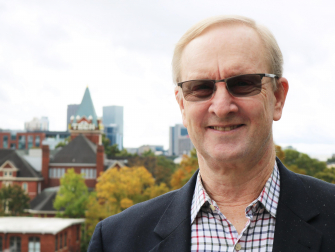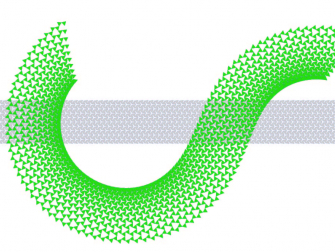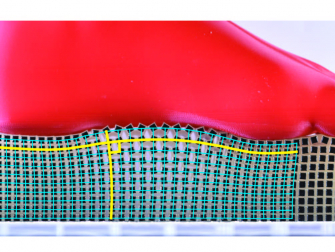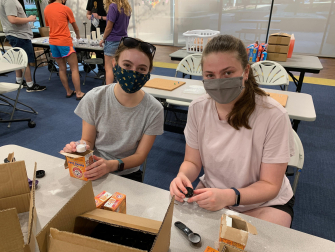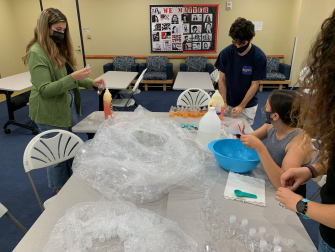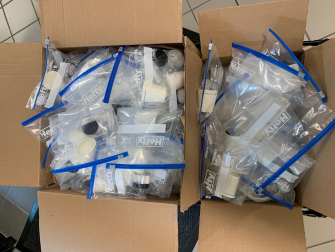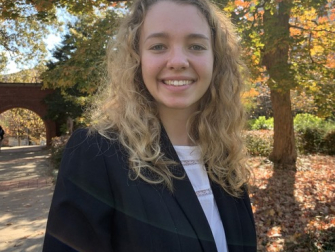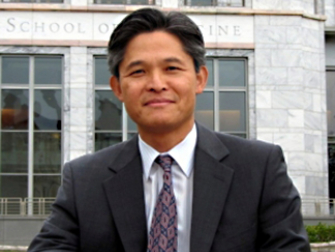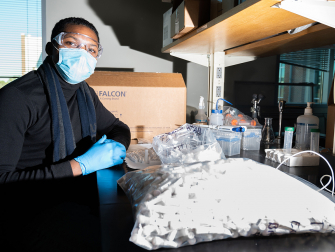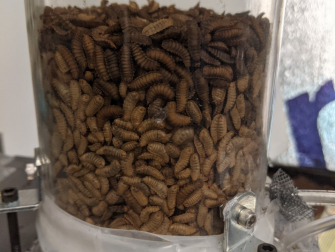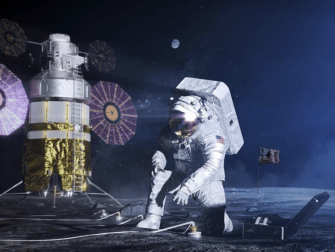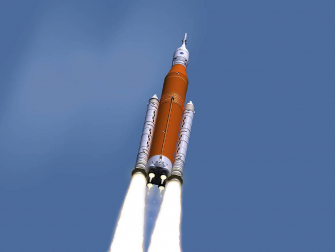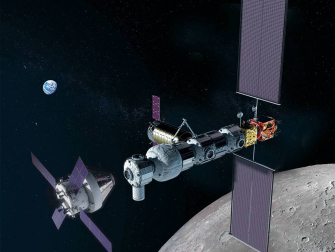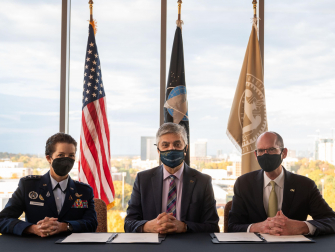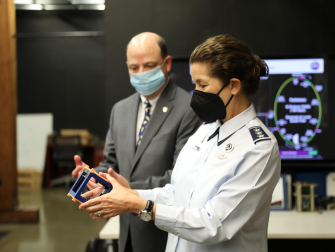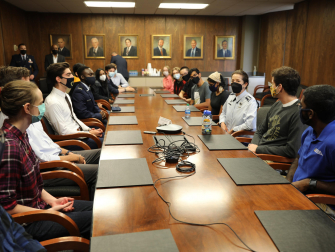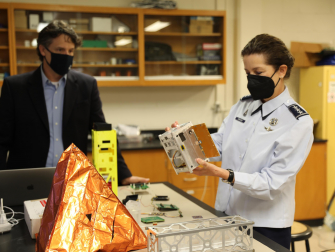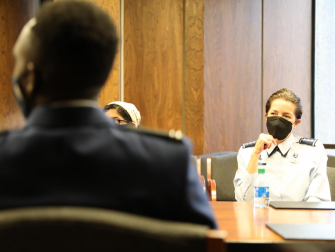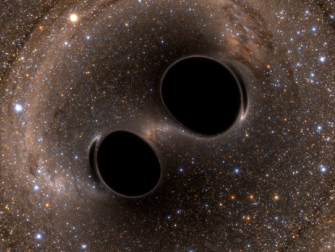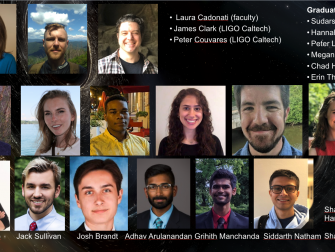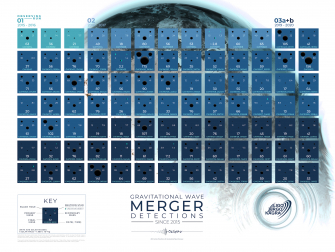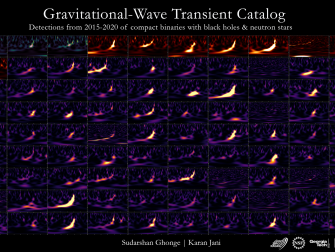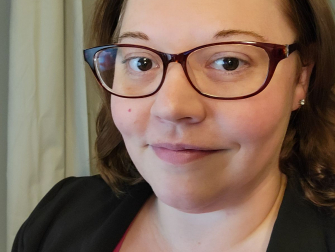Christopher Jones, Sandra Magnus, and Nick Sahinidis join Nathan Meehan (Phys '75) and Nick Lappos (AE ’73) in being elected to the NAE, one of the highest professional distinctions awarded to an engineer.
Researchers demonstrate that new physical theories provide precise predictions of the deformations of certain structures, revealing that a flexible mechanical structure is governed by some of the same math as electromagnetic waves and even black holes.
Through the Little Einsteins Organization, Georgia Tech students are creating at-home science kits, collaborating with K-5 schools and local libraries, and using Zoom to keep Atlanta's youngest scientists and engineers engaged in STEM.
Representing a trio of disciplines across Georgia Tech and Emory, Kim M. Cobb, Hanjoong Jo, and Carlos A. R. Sa de Melo are among 564 scientists, engineers, and innovators spanning 24 scientific disciplines being recognized for scientifically and socially distinguished achievements.
Using a new philanthropic grant, Georgia Tech will hire software engineers to write scalable, reliable, and portable open-source software for scientific research.
James Stringfellow, an employment specialist with experience helping Atlanta’s veterans and entertainment industry, will now assist College of Sciences students and instructors with career mapping, planning, and workforce issues.
As of this week, the omicron variant makes up the majority of new coronavirus cases in the U.S.
Black soldier fly larvae devour food waste and other organic matter and are made of 60% protein, making them an attractive sustainable food source in agriculture. But increasingly, larvae are dying before they reach livestock facilities as feed. Georgia Tech researchers provide insights into how this insect superfood can be raised and fed in dense groups without overheating.
Georgia Tech points to what’s next, and how the Institute will contribute. “Discovering life beyond Earth would fundamentally change humanity’s perspective on our place in the universe,” says Earth and Atmospheric Sciences' Jennifer Glass. “Integrating astrobiology – the search of life in the universe – into space missions in order to know if and when we detect life on other planetary bodies, including exoplanets, is an exciting challenge currently underway.”
School of Physics graduate students and undergraduates analyze new data on ‘wonderful diversity’ of black holes and neutron stars for catalog of gravitational wave events.
Satellite counselor Tara Holdampf will provide confidential consultations and support for students, virtually and from the Molecular Science and Engineering Building.
- ‹ previous
- 16 of 24
- next ›


